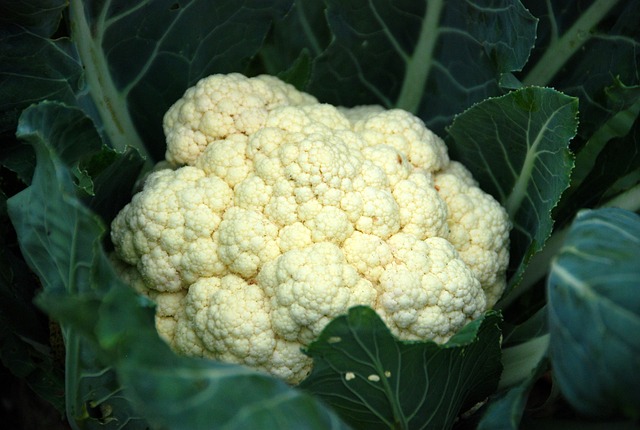What is the MEAL Study?
Do you have prostate cancer and are fearful the treatment options? You may wish to consider enrollment in the MEAL study that stands for Men’s eating and living study. Men who are 50-80 and who have been diagnosed with prostate cancer, have not been treated for their prostate cancer, have a PSA level under 10, among other criteria are eligible to participate. It is the first non-supplement dietary intervention study for prostate cancer.
The purpose of the MEAL Study is to measure progression based on PSA levels and repeat biopsies.
Fifty percent of the men newly diagnosed with prostate cancer have disease that is well localized, early stage, and low grade. Traditional treatments for prostate cancer include surgery, radiation, and hormone manipulation. Such treatments are associated with sexual dysfunction, and urinary and bowel morbidities, and it’s unclear how effective these treatments really are for less aggressive forms of prostate cancer.
In recent years there has been a shift in thinking on the treatment of men with early low-grade prostate cancer with active surveillance being recommended more and more. Active surveillance does not mean ignoring the problem, but rather the close monitoring of men with prostate cancer with periodic examinations and repeat PSA measurements.
The MEAL Study is a randomized controlled clinical trial that is assessing the effectiveness of a high vegetable diet on the progression of prostate cancer. Four hundred sixty-four patients will be followed for two year. In one group men are instructed to eat seven servings of vegetables today – three cruciferous servings, two tomato-based servings, and two servings of other vegetables. A control group receives printed material on nutrition based on the United States Department of Agriculture’s recommendations. We recently learned the importance of seven servings of fruits and vegetables in this article.
Consumption of cruciferous vegetables and tomatoes have been associated with cancer prevention. Cruciferous vegetables block the formation of unhealthy estrogen forms that raise the risk of female reproductive cancers and possibly prostate cancer. They are also high in anti-oxidants that formation of cancer cells.

